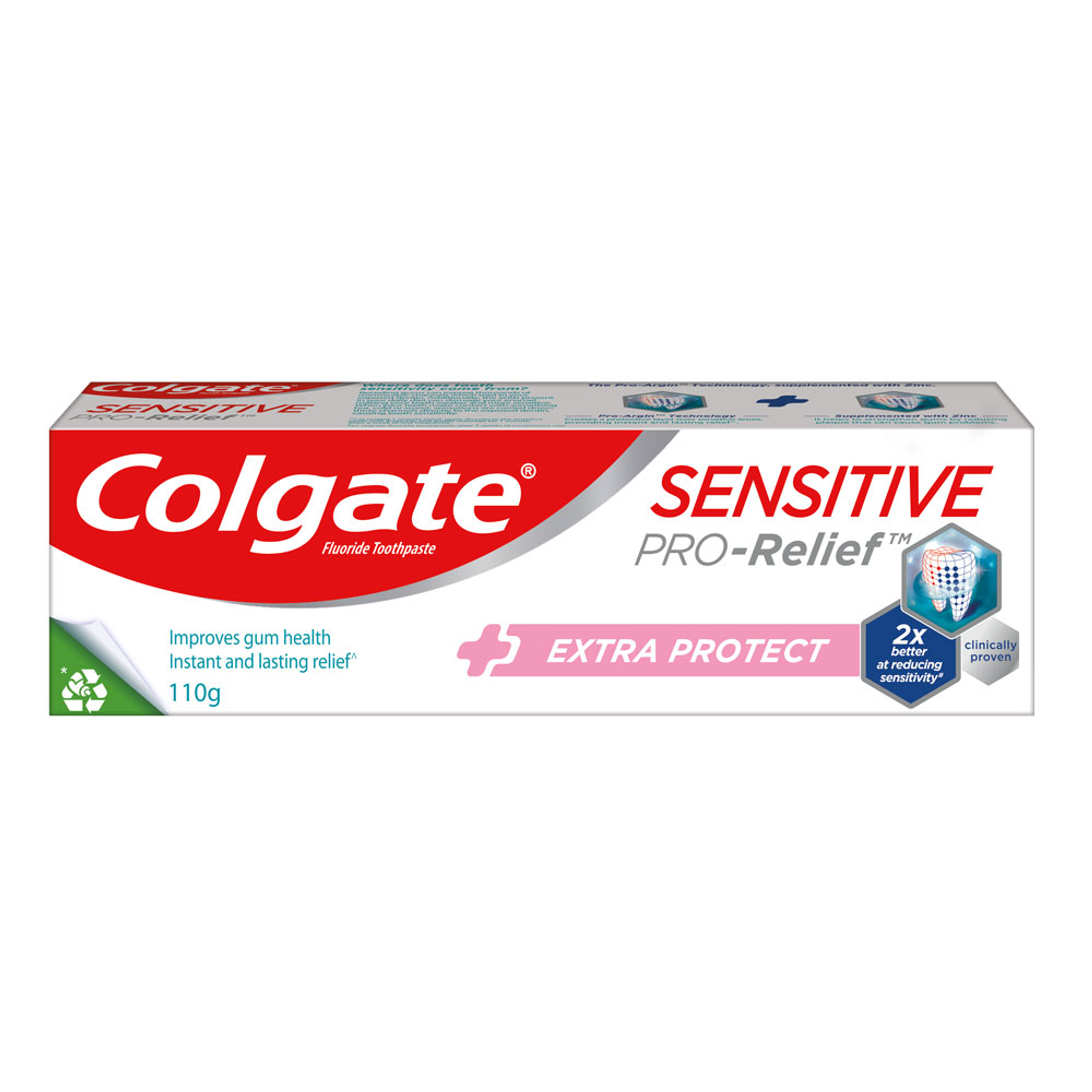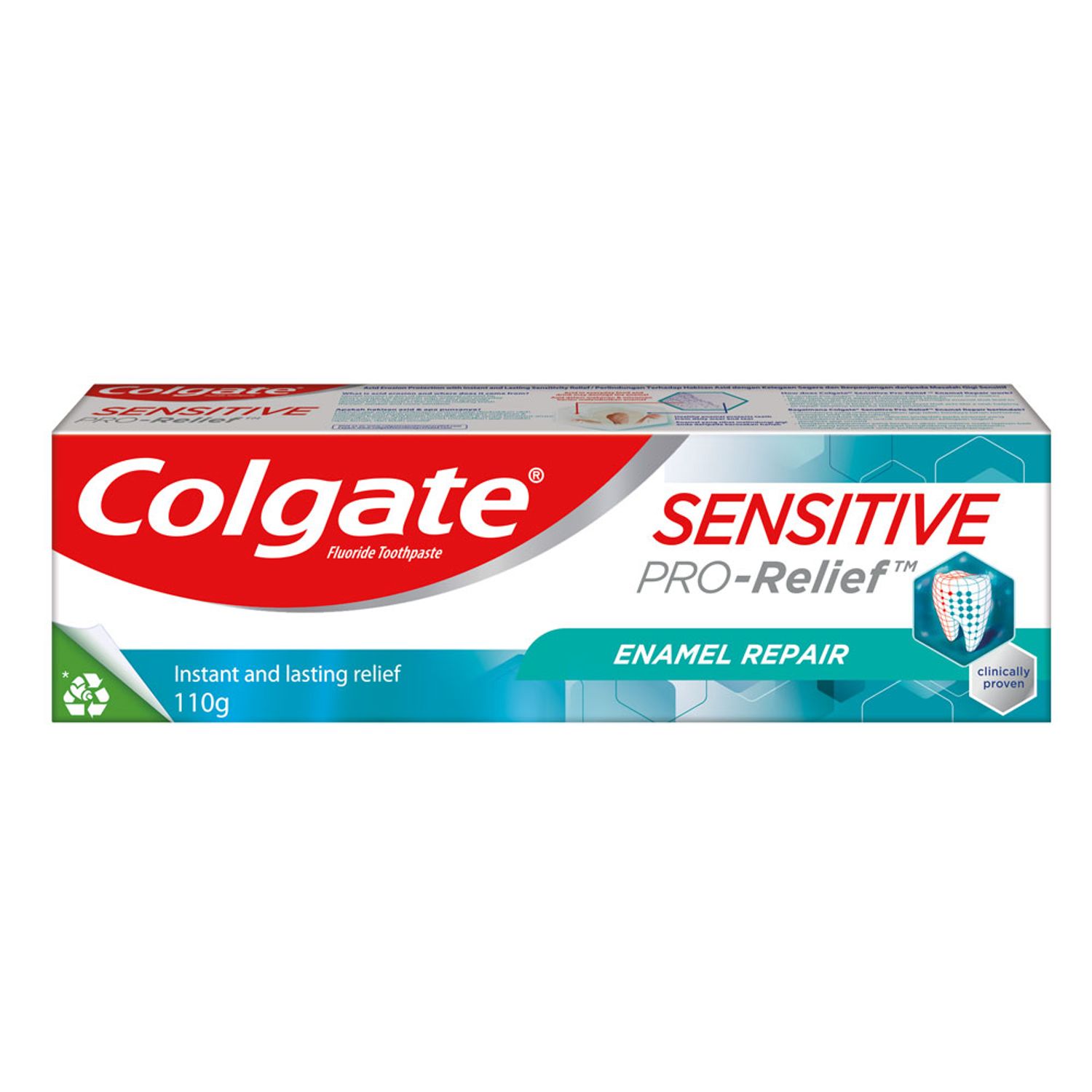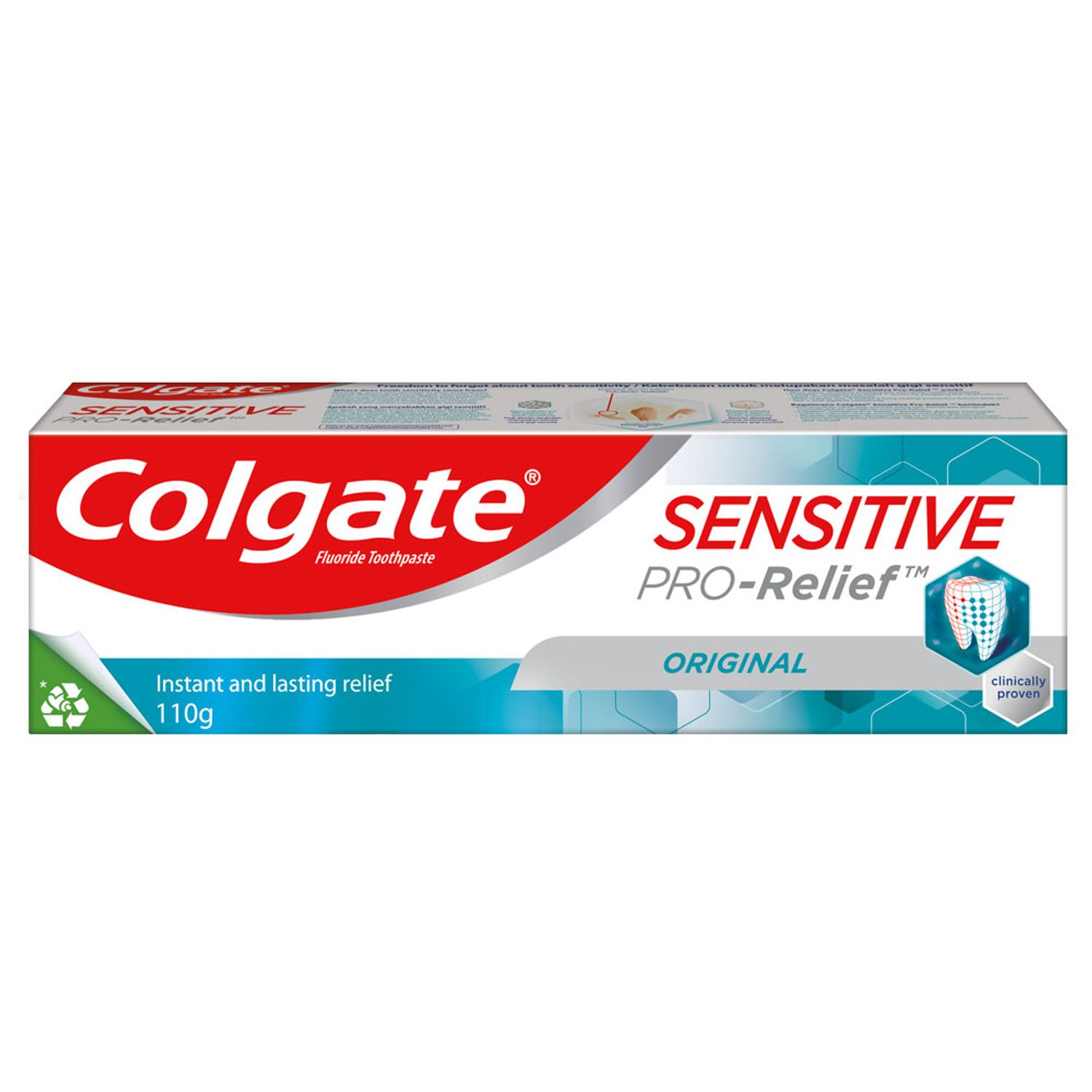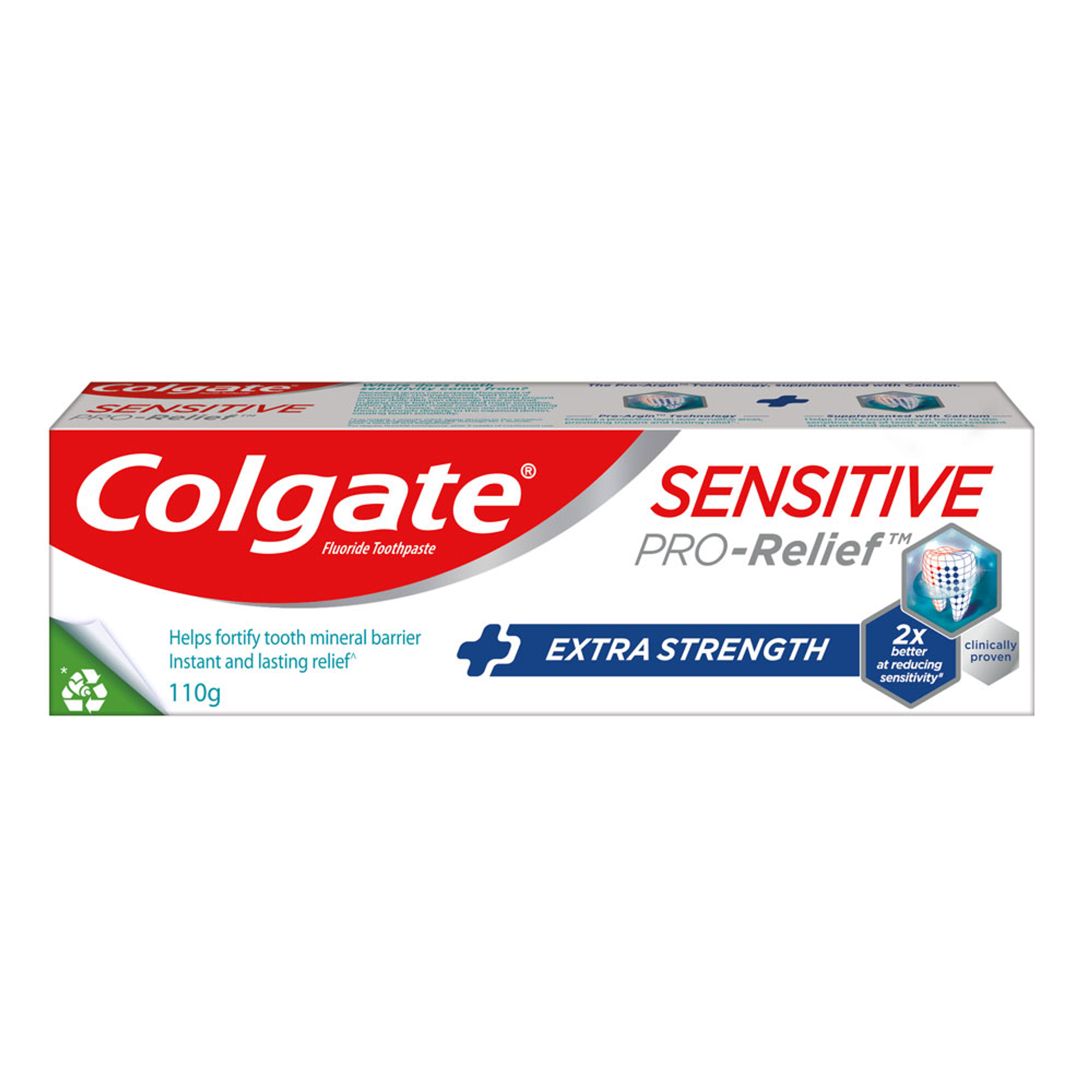What is Teeth Sensitivity
Teeth sensitivity, or dentin hypersensitivity, happens when the enamel layer wears down and exposes the underlying dentin. This dentin layer contains tiny tubules that can transmit sensations to nerve endings. Irritation from temperature changes, certain foods, or cold air can affect these dentinal tubules, leading to varying levels of discomfort or sharp pain. Identifying and addressing the causes of sensitive teeth is important to manage this condition effectively.
What Causes Sensitive Teeth?
Sensitive tooth can be caused by various factors, ranging from poor oral hygiene to underlying dental conditions. Teeth sensitive to hot or cold foods can indicate underlying dental issues that require attention. By identifying the root cause or reason for sensitive teeth, you can alleviate the discomfort and prevent further damage to your teeth. There are several common sensitive teeth causes:
Gum Disease
Gum disease, or periodontal disease, is an inflammatory condition affecting the gums and supporting structures of the teeth. As gum disease progresses, it can lead to gum recession, which exposes the sensitive roots of the teeth. When exposed, the roots lack protective enamel, making them more susceptible to sensitivity. Maintaining good oral hygiene and visiting your dentist regularly can help prevent gum disease and its associated sensitivity.
Gum Recession
Gum recession occurs when the gum tissue pulls back from the teeth, exposing the tooth roots. Various factors, including gum disease, aggressive brushing, or genetic predisposition, can cause receding gums. When exposed, the root surfaces can become sensitive to temperature changes and certain foods. Addressing gum recession early through professional dental care and proper oral hygiene practices is crucial to minimising sensitivity.
Brushing Too Hard
While maintaining oral hygiene is essential, brushing your teeth too hard can do more harm than good. Aggressive brushing can wear down the enamel and irritate the gums, leading to gum recession and increased sensitivity. A soft-bristled toothbrush and gentle brushing techniques are important to protect your teeth and gums. Additionally, consider using toothpaste specifically designed for sensitive teeth to alleviate discomfort.
Cracked Teeth
Cracked teeth can result from various factors, including trauma, grinding, or biting down on hard objects. A crack in a tooth can expose the dentin and nerve endings, leading to heightened sensitivity. If you suspect you have a cracked tooth, it is crucial to seek dental attention promptly. Your dentist can assess the damage and recommend appropriate treatment options, such as bonding or crowns, to restore the tooth and ease sensitive teeth.
Acidic Foods
Acidic foods and beverages, such as citrus fruits, tomatoes, and soda, can erode tooth enamel over time. This erosion can expose sensitive dentin, leading to increased sensitivity. To protect your teeth, try to limit the intake of acidic foods and beverages and rinse your mouth with water after consuming them. Additionally, consider using a straw when drinking acidic beverages to minimise contact with your teeth.
Understanding the causes of sensitive teeth is the first step toward finding relief. By addressing these factors and maintaining good oral hygiene, you can reduce sensitivity and enjoy a more comfortable dental experience. If you continue to experience sensitivity, consult your dentist for personalised advice and treatment options.
How Are Sensitive Teeth Diagnosed?
Diagnosing sensitive teeth typically begins with a comprehensive dental examination. Your dentist will assess your dental history, conduct a physical examination of your teeth and gums, and perform additional tests to determine the cause of your sensitivity. During the examination, the dentist will look for signs of gum disease, enamel erosion, cracks, or other dental issues.
They may also ask specific questions about your symptoms, dietary habits, and oral hygiene practices to pinpoint the underlying cause. In some cases, dental X-rays may be necessary to get a clearer view of the tooth structure and surrounding bone.
How to Treat Sensitive Teeth?
Treating sensitive teeth involves a combination of professional dental care and at-home strategies. The appropriate tooth sensitivity treatment will depend on the underlying cause of the sensitivity, and a dentist can help you determine the best course of action.
In-Office Treatment
In-office tooth sensitivity treatment a dental professional provides can offer effective and immediate relief. These treatments are tailored to address the specific causes of sensitivity and often involve advanced techniques and materials that may not be available for at-home use.
Fluoride Treatments: Your dentist may apply fluoride varnishes or gels to strengthen tooth enamel and reduce sensitivity. These treatments can help remineralise the enamel and provide a protective barrier over sensitive areas.
Desensitising Agents: Dentists may use desensitising agents that block nerve signals from the tooth surface. These treatments can provide immediate relief for sensitive teeth.
Dental Sealants: If your sensitivity is due to exposed dentin, your dentist may apply sealants to form a protective layer over the sensitive areas of your teeth.
Restorative Procedures: In cases of cracked teeth or severe gum recession, restorative treatments such as crowns, bonding, or gum grafts may be necessary to restore the tooth structure and alleviate sensitivity.
By seeking professional care, you can benefit from targeted interventions that strengthen enamel, block nerve sensations, and restore dental health.
At-Home Treatment
In addition to professional treatments, there are several at-home strategies that can help manage and reduce tooth sensitivity. These methods are often simple to implement and can be incorporated into your daily routine.
Desensitising Toothpaste: Over-the-counter desensitising toothpaste contains compounds that help block sensation in the nerves of the teeth. Regular use can provide significant relief over time.
Soft-Bristled Toothbrush: Switching to a soft-bristled toothbrush and using gentle brushing techniques can help prevent further enamel wear and gum irritation.
Avoiding Acidic Foods: Limiting the intake of acidic foods and beverages can help protect enamel. If you consume them, rinse your mouth with water to neutralise the acids.
Mouthguards: If you grind your teeth at night, consider using a custom-fitted mouthguard to protect your teeth from wear and tear.
Good Oral Hygiene: Maintaining a consistent oral hygiene routine, including proper brushing twice a day and flossing daily, can help prevent gum disease and enamel erosion, reducing sensitivity.
Using specially formulated products and adopting good oral hygiene practices can effectively reduce sensitivity and protect your teeth from further damage. These at-home tooth sensitivity treatments empower you to take control of your dental health and enhance your overall comfort.
Ultimately, sensitive teeth can be frustrating and painful, but understanding their causes and treatment options can help you find relief. You can manage sensitivity and protect dental health by working closely with your dentist and implementing effective at-home care strategies. Understanding how to deal with tooth sensitivity can help alleviate discomfort and improve overall oral health. Remember, if you continue to experience discomfort, it’s essential to consult your dentist for a thorough evaluation and personalised treatment plan for sensitive teeth cure.
Frequently Asked Questions
1. How to fix sensitive teeth?
To fix sensitive teeth, use desensitising toothpaste, apply fluoride gel, get dental sealants, or undergo root canal treatment if necessary. Avoid acidic foods, brush gently with a soft-bristled toothbrush, and maintain good oral hygiene. Consult your dentist for personalised treatment options based on the underlying cause of your sensitivity.
2. Why are my teeth too sensitive?
Sensitive teeth can be caused by worn enamel, exposed dentin, gum recession, cracked teeth, tooth decay, or recent dental procedures. Brushing too hard, using abrasive toothpaste, and consuming acidic foods can also lead to sensitivity. Age and teeth grinding are additional risk factors.
3. Can sensitive gums be cured?
Sensitive gums can be effectively managed through proper oral hygiene, desensitising toothpaste, and treating underlying conditions like gum disease. In severe cases, surgical gum grafts may be necessary to cover exposed roots. With professional dental treatment and good at-home care, sensitive gums can be cured.
4. How to brush teeth if you have sensitive gums?
When brushing with sensitive gums, use a soft-bristled toothbrush and gentle, circular motions. Avoid scrubbing back and forth, which can irritate the gums. Use a desensitising toothpaste and brush for at least two minutes twice daily. Floss gently to remove plaque buildup without damaging the gums. If brushing causes pain, consult your dentist for personalised recommendations for dental sensitivity.














